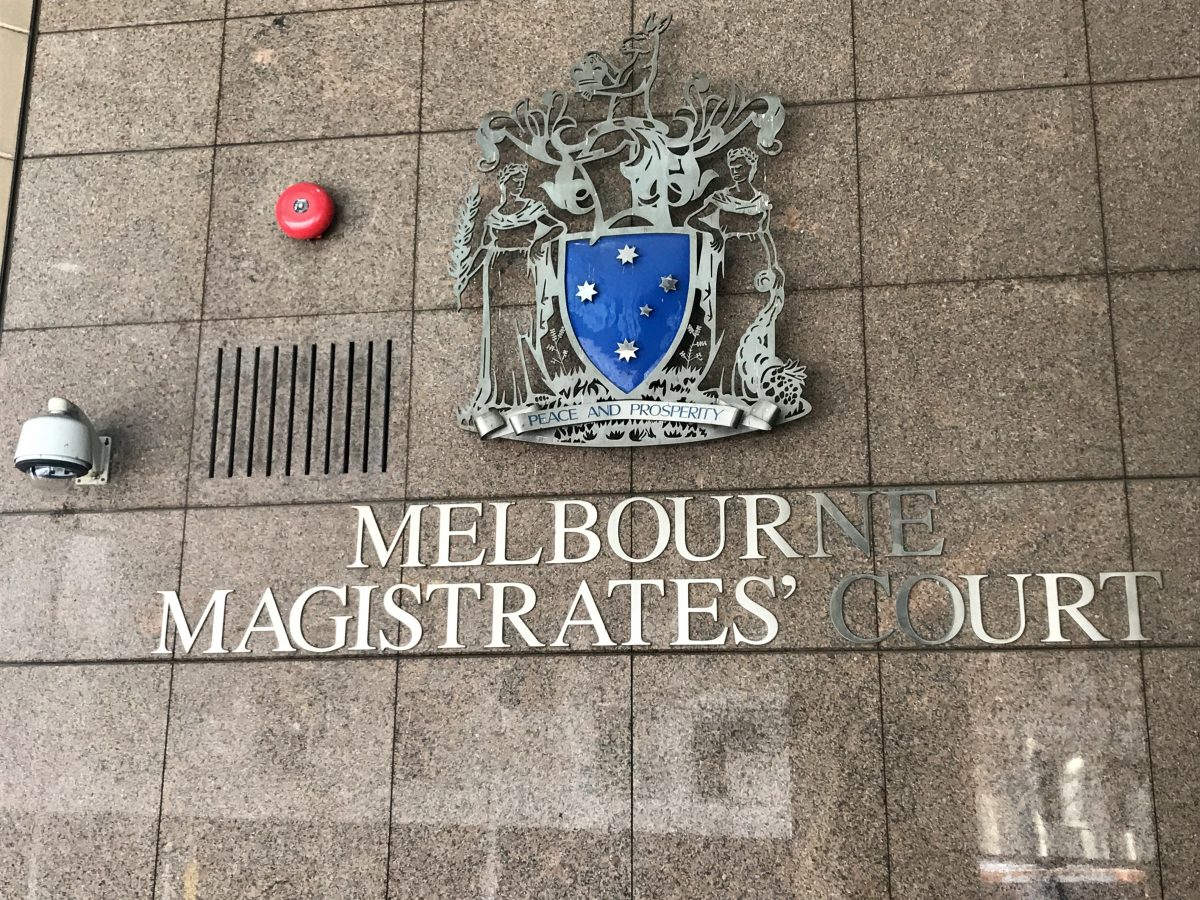Court Innovation during COVID-19 Crisis
Often out of adversity comes opportunity. COVID-19 is disrupting all aspects of our lives at the moment and will continue to do so for months.
We are having to adapt to new ways of doing business, with a much greater emphasis on technology, including on-line interactions. This, of course, is having an impact on our justice system with reports that many matters could be delayed for months, if not years, in all jurisdictions, including the Magistrates Court. With this in mind, surely we should try and use the current situation caused by the COVID-19 pandemic to improve the way our courts operate into the future.
I have often said that if there was a trip advisor rating for our court system it would get few or no stars, because it has, for too long, ignored the needs of the court user or “customer”, and focussed almost entirely on its internal operations and how best to deal with the huge numbers of cases. Imagine what your reaction would be if you made an appointment with your GP or Dentist for 10am on a particular morning and you were kept waiting, without any explanation, for 4 or 5 hours before they saw you. You would be rightly outraged and entitled to complain, and yet this very thing has been happening at our Magistrates Courts for years. People are told to turn up for Court at 9.30am and often wait in long queues to get through security checks before they can even enter the Court building. They might be old and frail, they might be caring for young children, they might have an important commitment that afternoon, they might simply be seeking to have their case adjourned…it doesn’t matter. They are all herded in at the same time and must wait until their matter is called, which may not be for hours. It is a justice lottery with very few winners.
COVID-19 has required all of our Courts, including the Magistrates Courts, to look at more practical ways of operating, with limited human interaction. Interestingly, the Magistrates Court has decided that, with filing hearings, where the accused is on summons or bail, their attendance is not required, provided their legal representative attends with instructions. In relation to civil matters, the Court has asked the parties to try and resolve the matter by consent, and all non-urgent matters that cannot be resolved should be heard “on the papers”, without appearances being required. Why could this not always be the case?
Perhaps COVID-19 can act as the motivator our Courts so badly need. We should use it as an opportunity to review all our Court practices to ensure it puts people at the centre of the processes, creating a better, more satisfying experience for court users, one that can be a positive intervention.
In times of uncertainty, the best thing we can offer people is certainty, and with the use of technology, the possibilities to achieve such certainty in our courts, including when matters will be dealt with and in what manner, are endless.
For instance, as we know with any well-known food chain, when a meal is ordered the customer can walk away with a buzzer which will go off when their meal is ready. Such basic technology could be used in our Courts to put an end to the stressful 9.30 surge.
Only matters that absolutely require the attendance of parties should be presented to the Court. Simple adjournments and even some basic driving matters could be dealt with on the papers by Court Registrars. Matters involving private toll operators and debts owed to them should not be wasting precious court time. There are a whole range of less serious matters that could be appropriately dealt with on-line.
Whilst these are just a few examples of ways to improve the efficiency and effectiveness of our Courts, using the COVID-19 pandemic as an opportunity to re-think the way our Courts operate would be time well spent. After all, our Courts are there to serve the community and the community won’t be served well if we keep doing things the same way.
Rob Hulls. Director
